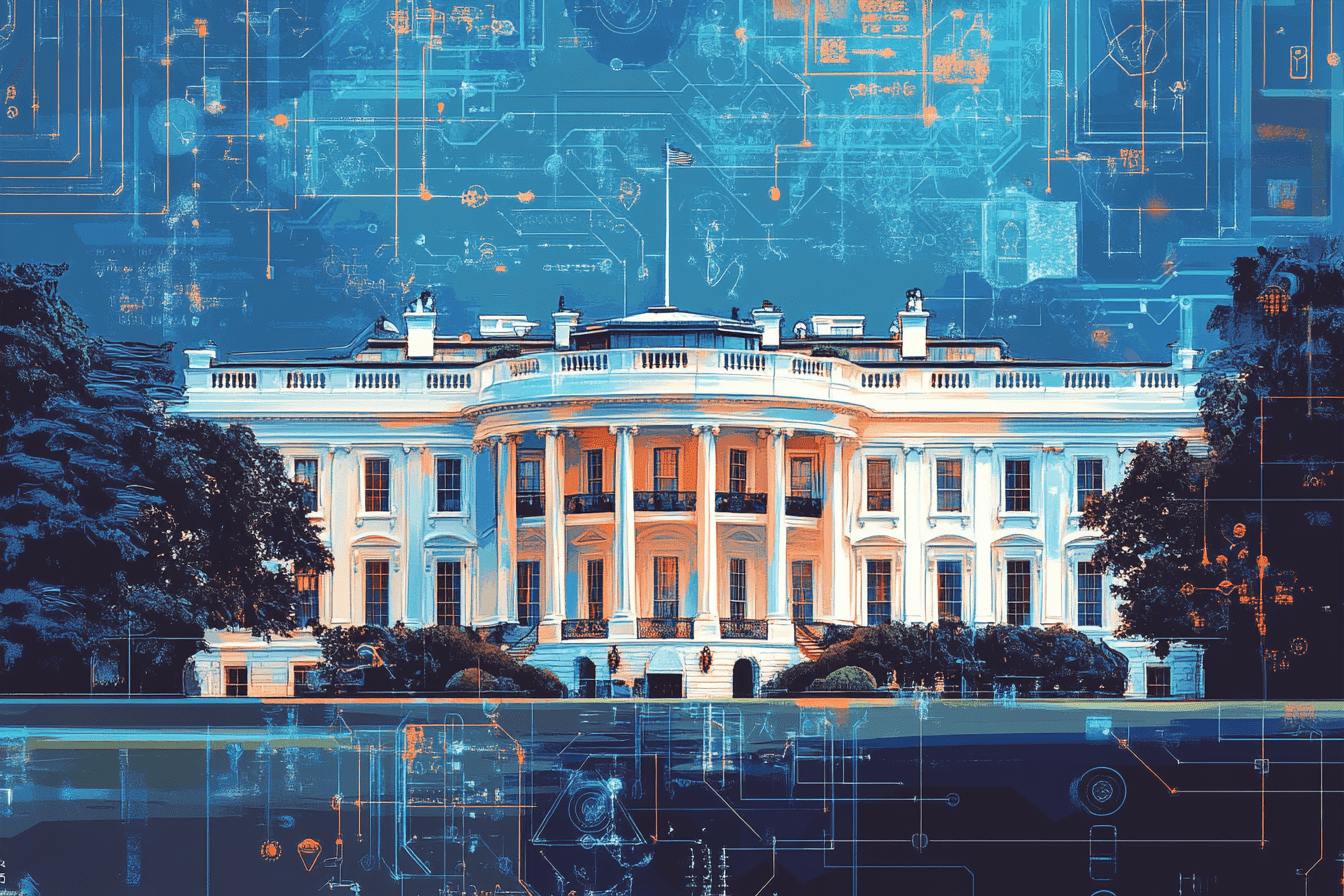Trump 2.0, The EU-US Relationship at a Crossroads
Much of the impact of the new Trump Administration on Europe will depend on how the balance of power within the US plays out between the President and key corporate leaders, of Big Tech in particular

On January 16, 2025, IEP@BU Honorary President Mario Monti participated in the digital event The EU-US Relationship at a Crossroads, co-organized by Sciences Po and the Peterson Institute for International Economics (PIIE). The conversation was moderated by Natacha Valla (Sciences Po School of Management and Impact), with speakers Olivier Blanchard (PIIE), Jason Furman (PIIE), and Mario Monti. Below is a note that Mario Monti prepared as background for his comments.
Much of the impact of the new Trump Administration on Europe will depend on how the balance of power within the US plays out between the President and key corporate leaders, of Big Tech in particular. The pattern in recent weeks has been that top CEOs go and pay (tribute, donations plus some impressive corporate U-turns - eg, Meta abolishing its moderation processes, Black Rock and many others reneging on their ESG policies) to the incoming President, with huge losses to their own public image globally.
If in due course the Administration does meet the expectations of these influential converts, we will probably see the implications in terms of retaliations when the EU imposes fines or commitments to US-based companies for violations of EU competition or other rules in their operations in the EU.
This would make the very functioning of the EU highly vulnerable to arbitrary US decisions. Similarly, big US-based multinationals could persuade the Administration to undermine the OECD agreement on the minimum effective rate of 15% on corporate profits.
In perspective, such a multinationals-dominated foreign economic policy of the Trump Administration would indicate the interest of both US corporate power and political power in the White House to join forces to disarticulate what remains of multilateral governance in the world, to prevail in the global economy through unilateral interventions or at most bilateral agreements.
Seen from the EU, the impact of the new Trump Administration may take place via several channels :
- A new form of capitalism and its relationship with politics (including the above) : given the historical proximity between the development of contemporary capitalism in the US and the EU and the presence of most large companies on both sides of the Atlantic, what happens in the US in the next few years is likely to influence the culture and behaviour of the European business community to a large extent. That may include its opinions and strategies on the very issue of EU integration.
- Antitrust and competition policy. In the last 25 years the US and EU competition authorities - although with some moments of tensions with each other on specific cases of mergers or abuses of dominance - have by and large shared a common culture, through which they have achieved growing transatlantic convergence, much to the benefit of the corporate world.
In addition, they have been working effectively to spread that culture, and the operating methods to implement it, throughout much of the world, including China to some extent.
It is worth examining what the consequences would be - transatlantically and globally - of a potential shift by the Trump Administration into a more "transactional", discretionary, and ad hoc modus operandi, which would give a larger role to the political congeniality between a business sector or a specific company and the Administration.
Some likely implications, domestic and transatlantic, can be easily anticipated. There might also be some effects on the US economy (lower growth, higher inflation, higher interest rates).
- Trump and European defence. The one area where I believe the announced intents of President Trump may well be ultimately beneficial to European integration is defence.
The EU should indeed considerably increase, in terms of amounts and coordination, its efforts on defense and security. The reason is twofold: a) all recent American administrations have insisted on the need for Europe to bear a fairer share of the burden for its defense, although in the broader context of NATO; b) in terms of its foreign policy, the US is characterized by increasing variability, so that it will become more risky to have to rely too much on volatile policy orientations of the US.
- Trump 1, Trump 2, and European (dis)integration. Some of the circumstances outlined above might have - or indeed have - occurred during the first Trump Administration. I will briefly say why in my view the risk of disintegration at that time was smaller than today and why it only materialised to a rather small extent. Today the risk is greater and the defences are weaker.
IEP@BU does not express opinions of its own. The opinions expressed in this publication are those of the authors. Any errors or omissions are the responsibility of the authors.
